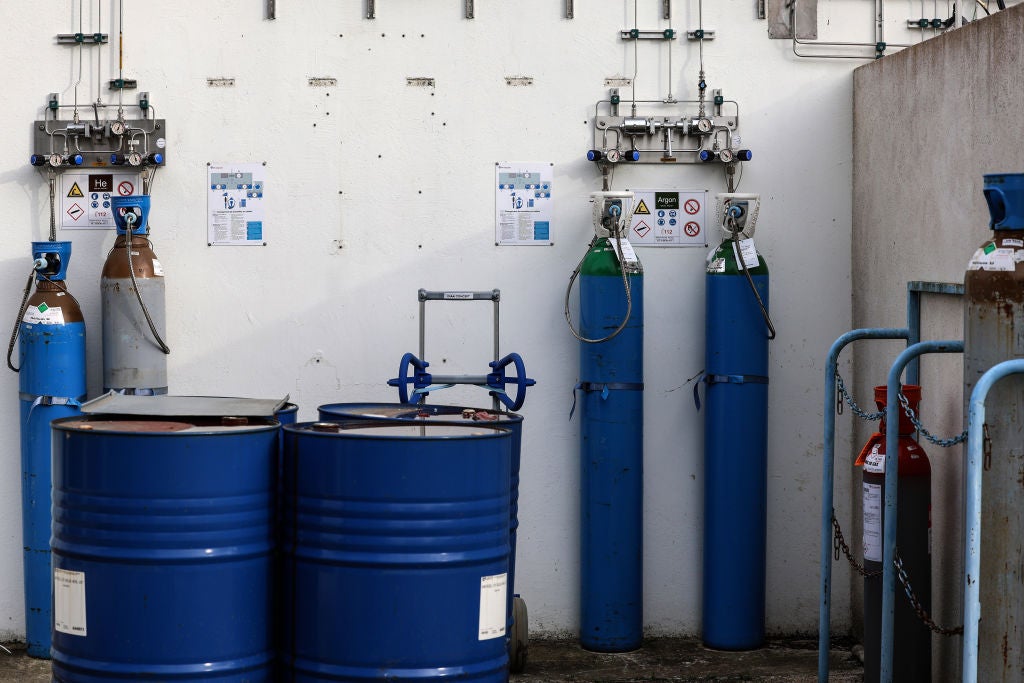
Last week, the chemicals sector faced an urgent call to establish decarbonisation strategies in line with a 1.5°C future from a coalition of 15 investors worth a combined $4.07trn. The coalition, led by shareholder advocacy group ShareAction, told 13 of Europe’s largest chemicals companies they were “deeply concerned” the industry is not moving fast enough to support the Paris Agreement plan to reach net-zero greenhouse gas emissions by 2050.
The investors said that the chemicals industry, which accounts for 18% of global industrial CO2 emissions, has historically not had the same level of attention and scrutiny over its fossil fuel use as some other major sectors such as travel or agriculture, and investors are increasingly aware of the risk that is posed by the industry, which is “underprepared” for a 1.5°C-aligned low-carbon transition.
“While not household names, these companies make many of the products that are essential for modern living, including paint, clothes and smartphones,” said the investors, echoing the sentiment of a recent webinar from UK think tank the Green Alliance, which called the chemicals industry the “forgotten sector”.
The investors added that “the good news” is that chemical companies still have time to set out robust decarbonisation plans for the short, medium and long term; these should include a drive to “electrify chemical production processes and switch to 100% renewable energy sources”.
Chemical sector decarbonisation targets
Under the Science Based Targets initiative (SBTi), widely known as the ‘gold standard’ for target setting, companies can set targets for their scope 1, 2 or 3 emissions. Most of the targets so far set under the initiative are ‘near-term’, due to be completed around 2030, although some companies are starting to set longer-term targets.
Focusing on just 2030 targets, Energy Monitor’s analysis finds that compared with other sectors, companies in the chemicals sector tend to set less ambitious targets. Most of the targets set by the sector commit companies to reduce their emissions by less than 50% by 2030. The average target is 44%, which is three percentage points lower than the average (47%) for all other sectors.
When looking only at sectors with more than 50 companies in each setting a target, chemicals companies are also less likely to set targets for their scope 3 (supply chain) emissions. While just under half of companies in chemicals have set scope 3 targets, three-quarters of companies in telecommunications have done so. Considering at least three-quarters of chemical industry emissions are scope 3, this is a vital area for the sector to tackle.
Of the 13 chemicals companies that ShareAction targets, four have no SBTi targets, while three have committed to set them soon. The remainder have targets of varying ambition: German flavour and fragrance producer Symrise, for example, has committed to reduce its scope 1 and 2 emissions by 80% from 2020 levels by 2028 – by far the most ambitious. French industrial gases producer Air Liquide, meanwhile, aims to reduce its scope 1 and 2 emissions by just 35% by 2035.
Another German chemicals manufacturer, Lanxess, has committed to reducing its scope 1 and 2 emissions by 41.6% by 2030, as well as reducing its scope 3 emissions by 11.1% in the same time frame. Belgian chemicals and materials giant Solvay has committed to reducing its scope 1 and 2 emissions by 31% from 2018 levels by 2030, and its scope 3 emissions by 24%.
Of the 59 companies in the chemicals sector that have set targets, 38 are assessed by the SBTi as having a target in line with 1.5°C.
During the upcoming proxy season, ShareAction has flagged that it will coordinate investor questions at the annual general meetings of four of Europe’s largest chemicals companies in late April – BASF, Air Liquide, LyondellBasell and EMS Chemie – asking them to set out and disclose plans to decarbonise chemicals production in line with the Paris Agreement.
[Keep up with Energy Monitor: Subscribe to our weekly newsletter]
In a statement announcing last week’s investors' coalition letter, ShareAction notes that chemicals companies have made “significant strides in certain areas”, crediting its own campaigning as a partial cause. It notes that LyondellBasell’s announcement in December last year that it had introduced a target to reduce its scope 3 emissions by 2030, followed “sustained pressure from ShareAction and CA100+”.
The number of chemicals companies setting new decarbonisation targets has dramatically risen from 15 by the end of 2021 to 59 as of Q1 2023.



